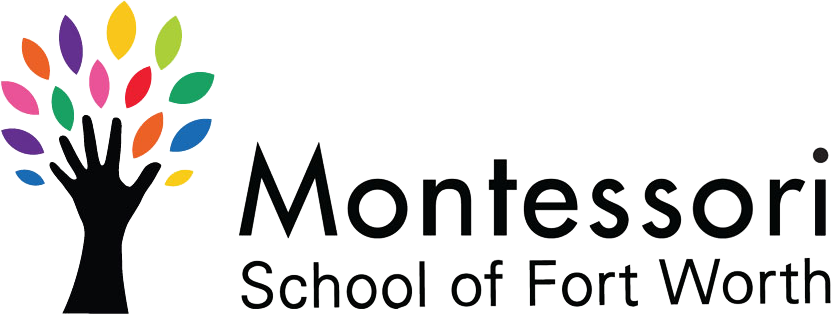Primary
The prepared environment of the primary community encourages children 3 through 6 years of age to absorb information as a natural and joyful activity. The Montessori materials help to stimulate and develop fine discrimination in all senses. Age appropriate exercises assist the child in developing mastery of coordination and movement, learning about social relationships and self-care skills. The prepared environment allows the child to develop independence.
The Montessori curriculum is multifaceted and individualized. Activities offered in the primary community are inclusive of using the senses and practical life skills. Practical life activities serve as the foundation of future academic work by encouraging concentration, order and establishing a work cycle with the learner. Examples of exercises in practical life activities are pouring liquids, washing dishes, polishing shoes, and self-care such as learning to tie shoelaces, preparing food, or washing hands.
What do children learn in a Primary class?
Other exercises offered are categorized as sensorial help to refine information taken in by the senses. These would include opportunities to smell, taste, listen, see, or touch materials that were developed by Dr. Maria Montessori herself. These exercises create classification systems for ordering and build bases for further learning that facilitate independence, observation skills, concentration and coordination. Language activities prepare the student for auditory learning by developing memory and critical thinking.
Perception and use of spoken language, developing expanding vocabulary, isolation of sounds, visual discrimination of forms and letters are the first steps to reading. Reading activities are designed to strengthen and enrich the children’s vocabulary and lead them through phonic awareness to reading and comprehension. Developmentally appropriate fine motor lessons promote writing skills. The Montessori sandpaper letters and moveable alphabet are used along with other language materials to assist the 3-6 year old child in the development of language from writing then to reading.
Numbers are represented as concrete materials in a Montessori environment helping to build a foundation of understanding mathematical principles. Montessori mathematics materials lead the student to gain knowledge of quantities and the written number.
Students progress according to their ability and developmental level. New lessons with more complexities are introduced as the child masters the concepts. Montessori math actively engages the entire brain and the focus is not on the answer; children learn how to get the answer. Cultural subjects including science, geography, and history are presented using developmentally appropriate activities designed for exploration, vocabulary development and discovery. These experiences help the child to understand and appreciate diversity, interdependence of life, and the need for cooperation.
















Morning Primary Daily Schedule
8:45-9:00 Arrival/Greeting
9:00-10:45 Individual/Small Group Work Time
10:45-11:00 Whole Group Time
11:00-11:30 Outdoor Play or Indoor Movement Activities
11:30 Pick Up/Departure
Afternoon Primary Daily Schedule
12:30-12:35 Arrival/Greeting
12:30-2:15 Individual/Small Group Work Time
2:15-2:30 Whole Group Time
2:30-3:00 Outdoor Play or Indoor Movement Activities
3:00 Pick Up/Departure

